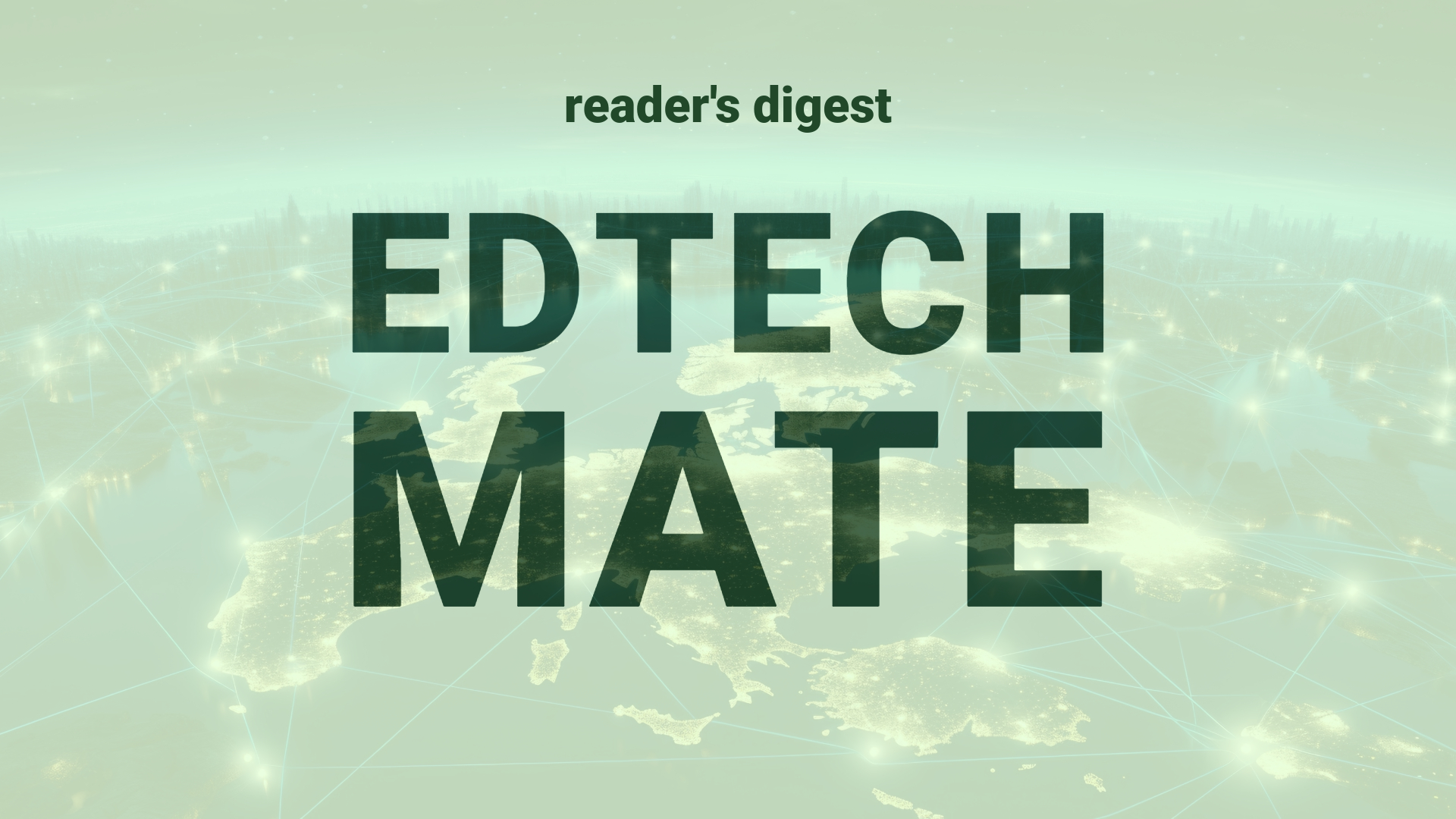Executive Summary and Main Points
The latest Cyberhaven Labs study underscores an accelerating trend of “shadow AI” within corporate environments. Employees frequently utilize unauthorized AI tools, like ChatGPT and Google Gemini, for tasks involving sensitive corporate information—ranging from legal documents and HR data to source code—posing significant risks to information security and data privacy. With AI adoption outpacing IT oversight, 74% of ChatGPT interactions and 94% of Google AI uses within the workplace are through non-corporate accounts. As AI technology proliferates, security experts are wary of potential data breaches and misuse, though big players like OpenAI and Google attempt to mitigate such risks. AvePoint’s strategic approach towards AI utilization involves signed contracts, focusing on robust data management, and educating employees about data security in the age of AI.
Potential Impact in the Education Sector
These technological and behavioral trends could have far-reaching effects on Further Education (FE) and Higher Education (HE), as well as the burgeoning field of Micro-credentials. Unauthorized use of AI tools could lead to inadvertent data leaks or breaches, much like in the corporate space. Thus, education institutions must prioritize data privacy and robust cybersecurity measures. The study reveals the necessity for strategic partnerships between educational institutions and reputable AI vendors, legal contracts detailing data usage, and the integration of comprehensive digital literacy programs. The adoption of AI should serve as a catalyst for digital transformation across educational models, encouraging institutions to balance innovation with risk management.
Potential Applicability in the Education Sector
The unauthorized use of AI tools in corporate settings has direct applicability to the education sector, emphasizing the need for institutions to implement AI and digital tools with diligence. Universities and colleges can benefit from AI for data analysis, administrative tasks, and personalized learning experiences while safeguarding sensitive academic and student information. To incorporate AI ethically and effectively, institutions could develop AI governance frameworks that ensure alignment with academic integrity and legal compliance. AI-driven platforms could also be utilized for the development and delivery of Micro-credentials, promoting lifelong learning through secure and flexible educational offerings.
Criticism and Potential Shortfalls
Despite the promise of AI in revolutionizing data management and operational efficiency, the study raises red flags regarding data governance and security. Independent use of AI tools without institutional oversight can erode trust and lead to potential legal and ethical breaches, demonstrated by various international case studies. Unmonitored AI usage could also reinforce cultural biases and contribute to unequal access to technological benefits, demanding education leaders to adopt holistic and culturally sensitive approaches. Furthermore, the over-reliance on AI may undermine critical thinking skills and academic rigor in the education sector, warranting continuous evaluation of AI’s role in educational settings.
Actionable Recommendations
To harness the potential of AI responsibly, educational leaders should consider the following recommendations:
1. Develop policies and frameworks for AI use that outline ethical guidelines and data protection measures.
2. Establish strategic partnerships with AI providers to ensure access to licensed AI tools and incorporate data usage agreements.
3. Launch institutional education programs on digital literacy, emphasizing the safe and ethical use of AI.
4. Implement robust data governance strategies, including access controls and regular security assessments.
5. Slow down AI implementation by evaluating existing security protocols and ensuring foundational digital infrastructure is in place.
By integrating these practices, educational institutions can explore the opportunities presented by AI, while mitigating potential risks associated with its misuse
Source article: https://www.csoonline.com/article/2138447/unauthorized-ai-is-eating-your-company-data-thanks-to-your-employees.html

